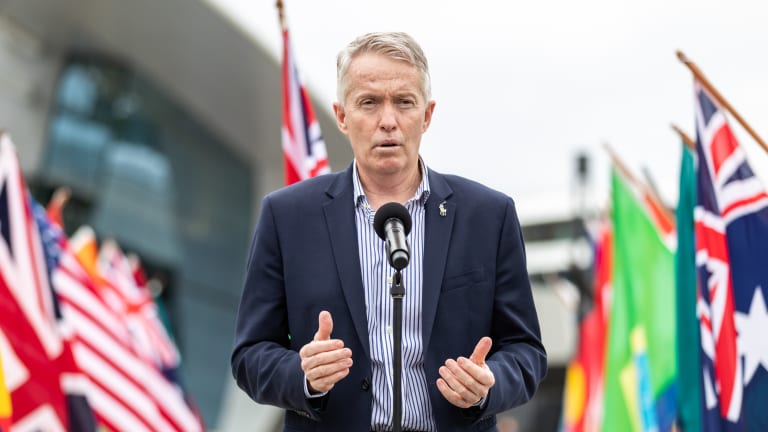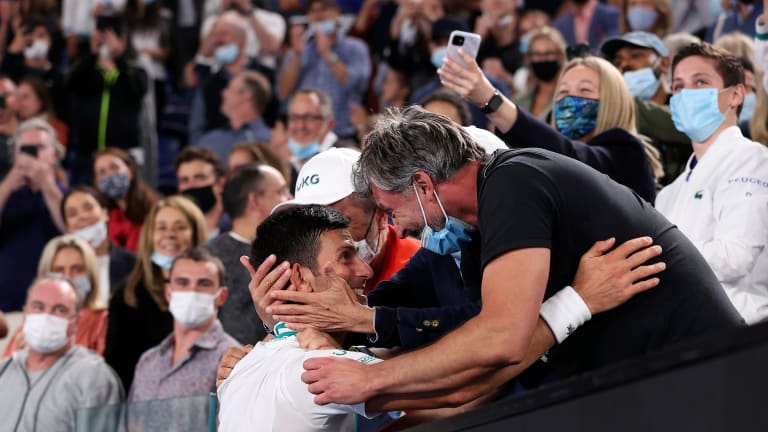Australian Open
Australian Open organizers say the event was "highly successful"
By Feb 22, 2021Australian Open
Jannik Sinner does it his way: He chose tennis over skiing and selected his new coaching team
By Jan 31, 2024Australian Open
The State of the ATP: What we learned from the 2024 Australian Open
By Jan 30, 2024Australian Open
'Grandissimo': Italian Premier Giorgia Meloni welcomes home Australian Open champion Jannik Sinner
By Jan 30, 2024Australian Open
The State of the WTA: What we learned from the 2024 Australian Open
By Jan 30, 2024Australian Open
The doubles mastery, and radical fun, of Hsieh Su-Wei
By Jan 29, 2024Australian Open
Pope Francis congratulates Italy after tennis player Jannik Sinner wins the Australian Open
By Jan 29, 2024Australian Open
'I like to dance in the pressure storm,' Jannik Sinner says ... and he did just that in his Australian Open triumph
By Jan 28, 2024Australian Open
First of many? Jannik Sinner's five-set comeback sinks Daniil Medvedev in Australian Open final
By Jan 28, 2024Australian Open
Soccer-mad Italy is now obsessed with tennis player Jannik Sinner after his Australian Open title
By Jan 28, 2024Australian Open
Australian Open organizers say the event was "highly successful"
"I think there were many people who doubted we could pull it off," Tennis Australia CEO Craig Tiley was quoted following the tournament.
Published Feb 22, 2021
Advertising

Australian Open organizers say the event was "highly successful"
© Getty Images
Advertising

Australian Open organizers say the event was "highly successful"
© AFP via Getty Images